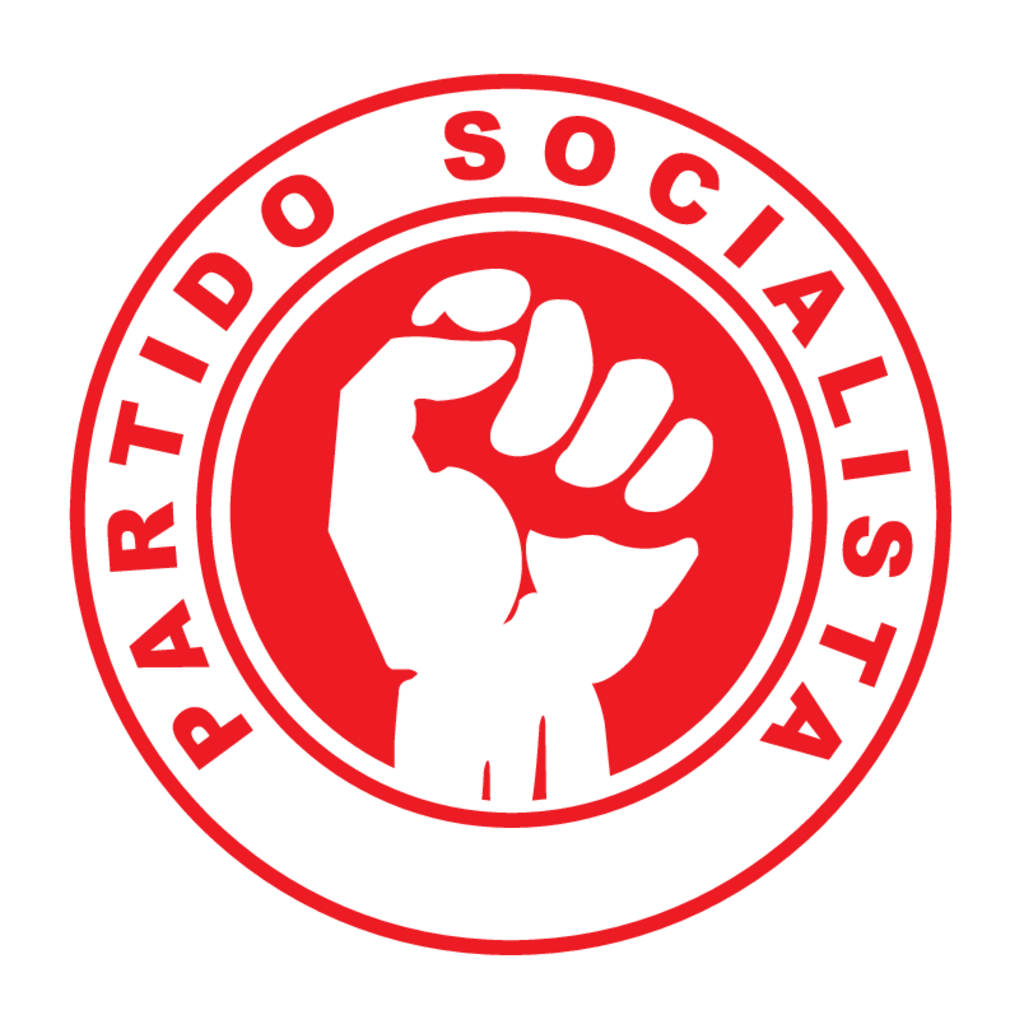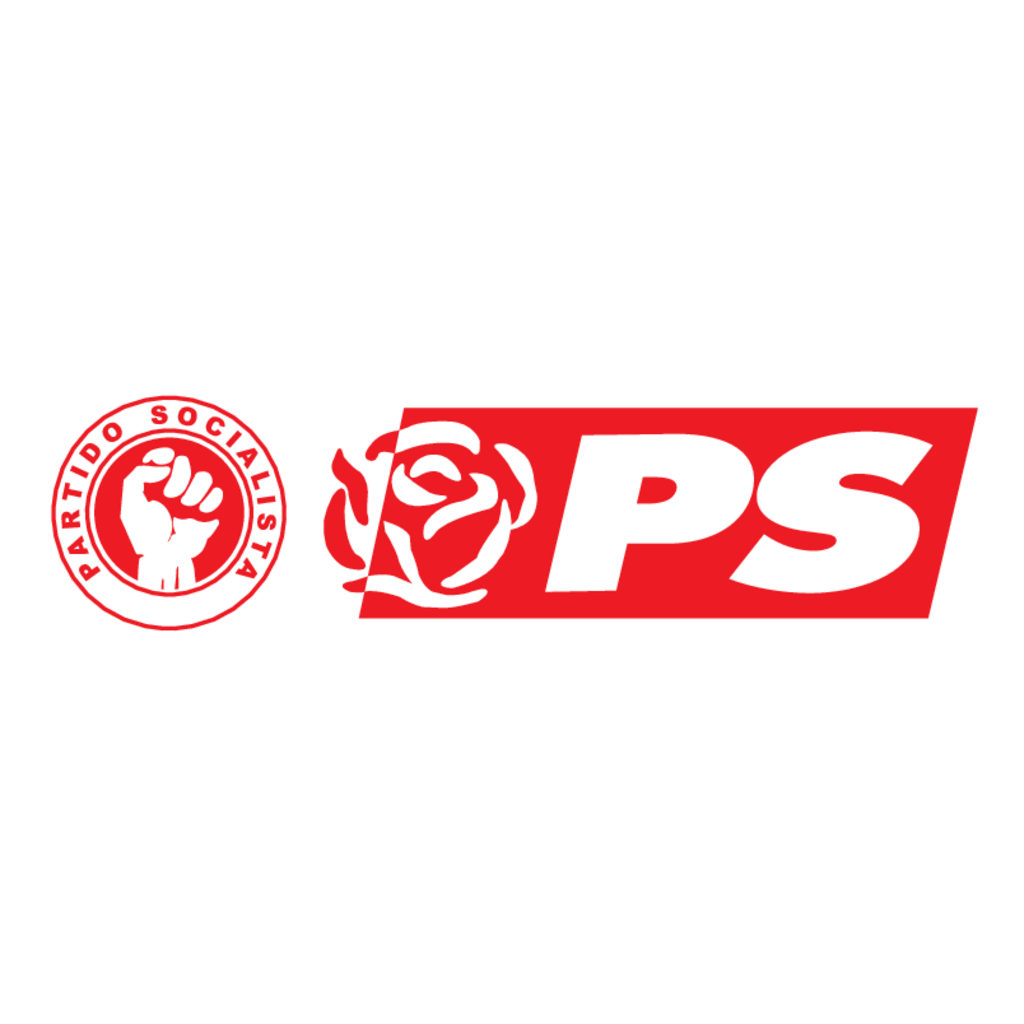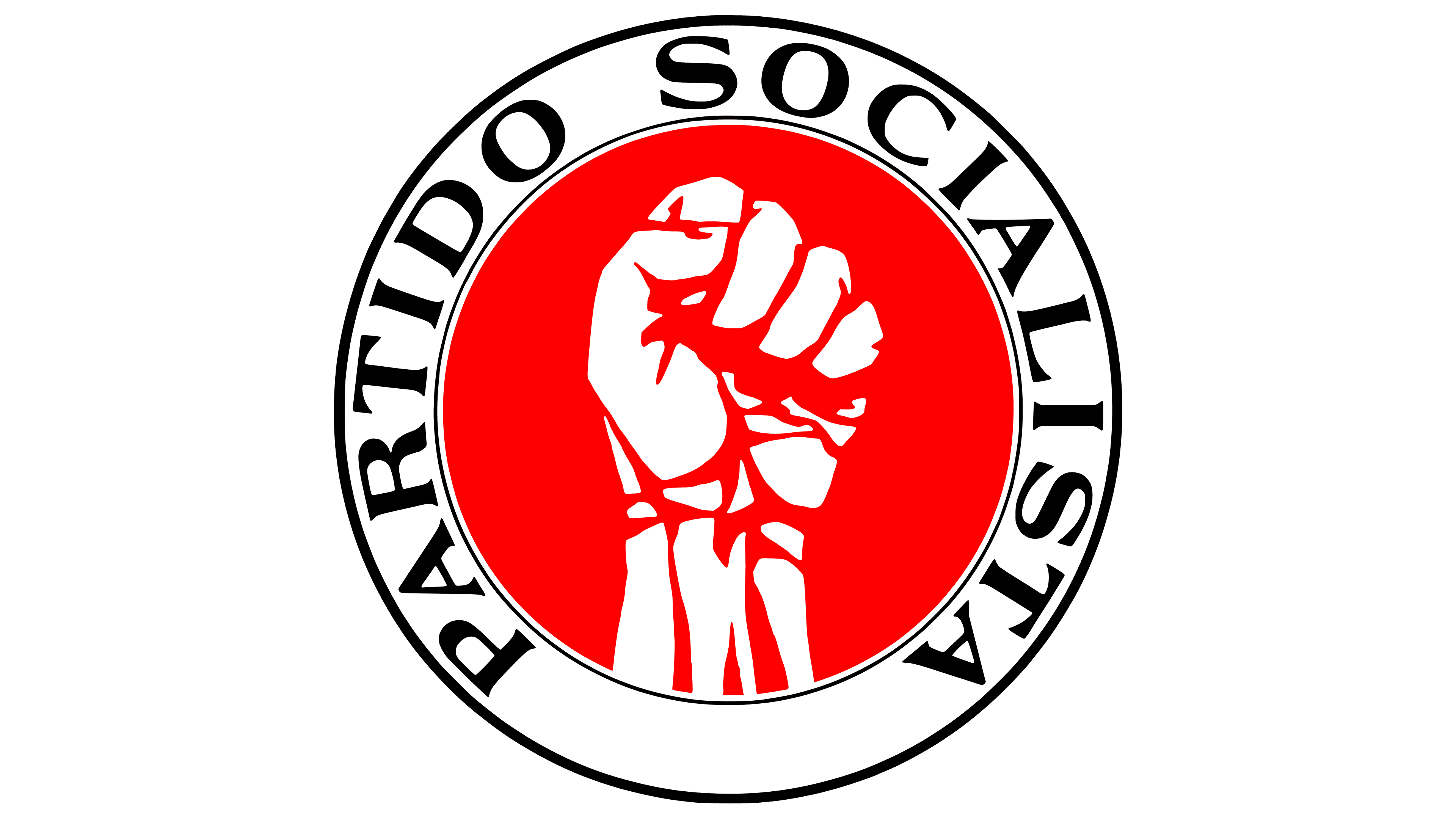Partido Socialista De Madrid - Connecting With People
Imagine for a moment, if you will, a political group right here in Madrid that's making a real effort to reach out, to open up, and to talk with you directly. This isn't just about politicians speaking at you; it's about creating a two-way street, a place where voices can meet and ideas can be shared. The Partido Socialista de Madrid, or PSOE de Madrid as many call it, has given its communication channels a fresh look, trying to make things feel a bit more welcoming and easy to use.
They really want to get closer to the folks living in Madrid, and that's something you can appreciate, right? Their aim is to let everyone know about their plans and what they hope to achieve for the Community of Madrid. It's about being clear and quick with information, which, as a matter of fact, is pretty important when you're trying to keep up with what's going on.
But it's not just about them telling you things; there's also a big part about you getting involved. They want to hear from people, to have them join in the conversation, and to make sure that the ideas and proposals they put out there truly reflect what matters to the community, you know, in a way that feels genuine.
Table of Contents
- A Look at the Partido Socialista de Madrid - What is it, actually?
- The Beginnings - Who Started the Partido Socialista de Madrid?
- Connecting with You - How Does the Partido Socialista de Madrid Reach Out?
- Youth Involvement - What About the Young People in the Partido Socialista de Madrid?
- Challenges and Conversations - What's Been Happening with the Partido Socialista de Madrid Lately?
- Ideas from the Past - What Did Early Socialism Stand For?
A Look at the Partido Socialista de Madrid - What is it, actually?
So, you might hear talk about the Partido Socialista de Madrid, and perhaps wonder what it really stands for, or how it fits into the bigger picture of Spanish politics. Well, basically, it's the local part of a much larger group, the Spanish Socialist Workers' Party, often just called PSOE. Think of it like a local branch of a bigger organization, focused entirely on the Community of Madrid. It's the face of the PSOE right here in this specific area, trying to deal with the day-to-day happenings and concerns of the people who live here, as a matter of fact.
This particular part, the one that works within the Community of Madrid, is also known by a slightly more formal title, the Federación Socialista Madrileña. It's the same thing, just a different way of saying it, sort of like a family name for this specific part of the bigger party. It really helps to understand that this group is about representing the ideas and goals of the broader socialist movement, but with a focus on the unique things that matter to Madrid's residents. It's, you know, their local voice.
The Partido Socialista de Madrid is, in essence, the original core of the Spanish Socialist Workers' Party. It's where the whole thing began, the very first part of what grew into a national political force. This makes it a pretty significant piece of the puzzle when you're trying to figure out the history and direction of the party as a whole. It's almost like the foundational stone, if you think about it, for a much larger building.
The Beginnings - Who Started the Partido Socialista de Madrid?
When we talk about where the Partido Socialista de Madrid came from, one name really stands out: Pablo Iglesias. He's the person credited with setting up the Madrid Socialist Grouping, which was the very start of things for this political movement in the area. It's a bit like tracing a river back to its spring; you find the point where it all began, and for this group, that point is very much tied to him, you know.
The party, as we know it today, got its start because of his efforts. It was founded in 1879, which, if you think about it, was a very different time. The way political groups worked, and what they stood for, was quite distinct back then. Even though the name might have been a little different at the very beginning, the core idea and the person behind it remained the same. He truly was the driving force, so, in some respects, the party's very existence can be linked directly to his vision and work.
Pablo Iglesias - A Founder's Story
Pablo Iglesias is a name that comes up again and again when you discuss the early days of the Partido Socialista de Madrid. He wasn't just someone who joined; he was the person who actually put the pieces together to create this group. This makes him a pretty important figure in the story of Spanish socialism, as a matter of fact.
Here's a brief look at some of the key details about him, based on what we know:
| Detail | Information |
|---|---|
| Name | Pablo Iglesias |
| Role | Founder |
| Founding Year | 1879 |
He was the one who got the ball rolling, establishing the group that would eventually become such a big part of the political landscape in Madrid and beyond. It’s quite something to think about, how one person's efforts can lead to something that lasts for so long, and still has an impact today, you know, on how things are run.
Connecting with You - How Does the Partido Socialista de Madrid Reach Out?
The Partido Socialista de Madrid is really making an effort to be more approachable and to keep people in the loop. They've updated their communication channels, like their website, with the idea of being more open and easy to get information from. It's about making sure that anyone interested can find out what they're thinking and what they plan to do for the Community of Madrid, which is pretty important for a political group, honestly.
They want to share their ideas and the things they're working on, and they want to do it in a way that's clear and quick. Nobody likes waiting around for information, so this focus on being fast and transparent is a big deal for them. It's about building a connection, making sure that people feel like they're part of the conversation, rather than just being told what's happening. They're trying to be very responsive, you know.
But beyond just telling people things, there's also a clear invitation for everyone to get involved. They don't just want to talk; they want to listen, and they want people to participate in what they're doing. This kind of two-way communication is pretty central to how they see themselves operating now, trying to make sure that the community's voice is actually heard and considered, more or less, in their work.
Getting in Touch - The Partido Socialista de Madrid's Contact Points
If you're curious about reaching out to the Partido Socialista de Madrid, they've set up several ways for people to connect. They understand that different people need different kinds of help or information, so they've made sure there are specific places to go for various needs. This is actually pretty helpful when you're trying to find the right person or department for your question, you know.
For example, they have an office dedicated to helping citizens, a place where everyday people can go with their questions or concerns. Then there's another spot specifically for those who are members of the party, a militant service office, which makes sense, as a matter of fact. They also have a press office, for journalists and media folks who need information, and a channel where people can report issues or make a complaint. It's all about making sure everyone has a clear path to communicate with them.
Youth Involvement - What About the Young People in the Partido Socialista de Madrid?
Political groups often have sections for younger people, and the Partido Socialista de Madrid is no different. They have their own youth organization, which is called Juventudes Socialistas de Madrid. This group is where the younger generation who are interested in socialist ideas can get involved, learn, and contribute to the party's work. It's a way for them to make sure that fresh perspectives and new energy are brought into the mix, which is pretty vital for any group looking to the future, you know.
It's about nurturing the next wave of people who will carry the party's ideas forward. These youth groups often play a significant role in local campaigns, community projects, and in shaping the party's approach to issues that matter specifically to younger voters. They're, like, a sort of training ground and a voice for younger concerns within the broader party structure. It's quite interesting to see how these different parts work together.
Challenges and Conversations - What's Been Happening with the Partido Socialista de Madrid Lately?
Like any political group, the Partido Socialista de Madrid has its share of internal discussions and, at times, what might seem like pretty big challenges. There have been some recent conversations and events that have really captured attention, showing that even established groups have their moments of intense internal debate. It's almost as if the group has gone through some really intense moments lately, as a matter of fact.
For instance, there was a point where the party in Madrid seemed to have a lot going on internally, with reports suggesting things had, you know, "imploded" over a very short period. This kind of talk usually points to some pretty serious disagreements or changes happening behind the scenes. It just goes to show that even within a political group, there can be moments of significant internal upset that catch everyone by surprise, apparently.
One particular incident that caused a lot of head-scratching involved a leader going to a notary to officially record a conversation. This move, it seems, left many within the Madrid federation quite puzzled, with people not really grasping why such a step was taken. It highlights how internal matters can sometimes become public and create a lot of questions about what's really going on within the party's upper levels, so, it's a bit of a mystery, really.
Leadership Discussions - A Key Moment for the Partido Socialista de Madrid
Leadership is always a big topic in any political group, and the Partido Socialista de Madrid has had its own share of these discussions. There have been conversations about who should be at the helm and what direction the party should take. For example, a minister named Óscar López was apparently planning to put his name forward for the primaries, aiming to take on a leading role within the Partido Socialista de Madrid. This kind of move is pretty typical when a group is looking to decide its future direction, you know.
There was also a very public discussion involving Juan Lobato, a prominent figure, and other leaders from the PSOE. It seems that some people within the Partido Socialista de Madrid made it clear to him, through his closest team, that continuing in his position and attending a specific congress in Seville would be a really big mistake. They felt he should step down from his secretary role, which points to some pretty serious disagreements about his actions or future path, honestly.
Another interesting point about Juan Lobato was his idea of giving up his senator's pay to balance that role with his work in Hacienda. However, the Senate itself had doubts about whether he could actually do that. This kind of situation shows the practical challenges and rules that political figures sometimes face when trying to manage their different responsibilities, which, as a matter of fact, can be quite complicated.
Looking at the Past - Broader Issues Affecting Political Groups
Looking at the bigger picture, Spain has, over the past couple of decades, seen quite a few political scandals involving money and power. These issues have touched various political groups, not just one, including the PSOE. It's something that, you know, has been a significant part of the public conversation and has affected how people view these parties.
While the text mentions several groups like the Popular Party (PP), Podemos, Más Madrid, and citizen platforms like Ganemos, it points out that the PSOE has also been linked to some of these situations. It talks about how these incidents often involve specific names and amounts of money, which makes them very concrete and, honestly, quite serious. These kinds of events can have a lasting impact on public trust and how people feel about their elected representatives, more or less, across the board.
Ideas from the Past - What Did Early Socialism Stand For?
To really understand the roots of the Partido Socialista de Madrid and the broader PSOE, it helps to look back at the ideas that shaped its beginnings. Pablo Iglesias, the founder, and his party were, in their early days, very much about what's called "pure Marxism." This involved some pretty strong beliefs about how society should work, and it's quite different from what you might hear today, you know.
These early ideas included things like the "class struggle," which is the belief that there's a conflict between different social classes. They also talked about the "communist manifesto" and the idea of a "dictatorship of the proletariat," which is about workers having ultimate control. Furthermore, their early views, as described, even touched on the idea of dismantling institutions like the church, the army, and the judiciary. These were, apparently, very radical ideas for their time.
A notable example of these early beliefs in action was the party's support for a "revolutionary general strike" in 1917. This was done in imitation of what was happening in the Soviet Union at the time. It shows how deeply committed they were to these fundamental principles of Marxism, even if those ideas seem very far removed from the party's approach today. It's a pretty stark reminder of how political thought can change over time, so, it's quite a contrast, really.
So, what we've talked about here touches on the origins of the Partido Socialista de Madrid, how they aim to connect with people, and some of the challenges they've faced, like you know, the talk around leadership and those wider issues.

Partido Socialista logo, Vector Logo of Partido Socialista brand free

Partido Socialista(135) logo, Vector Logo of Partido Socialista(135

Partido Socialista Logo, symbol, meaning, history, PNG, brand